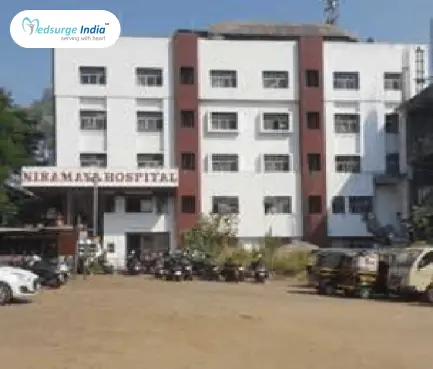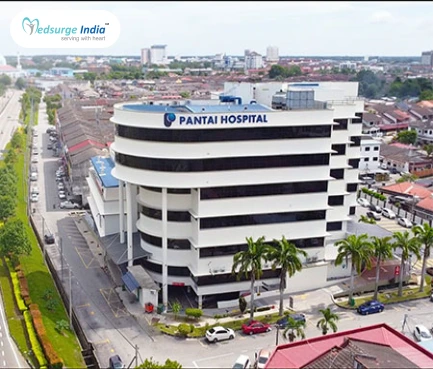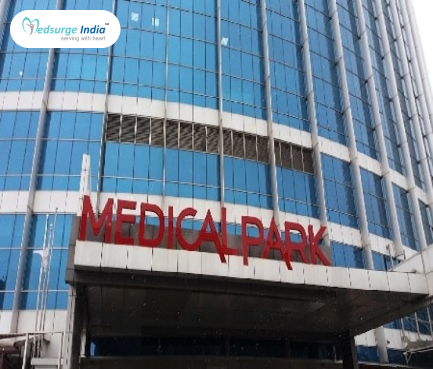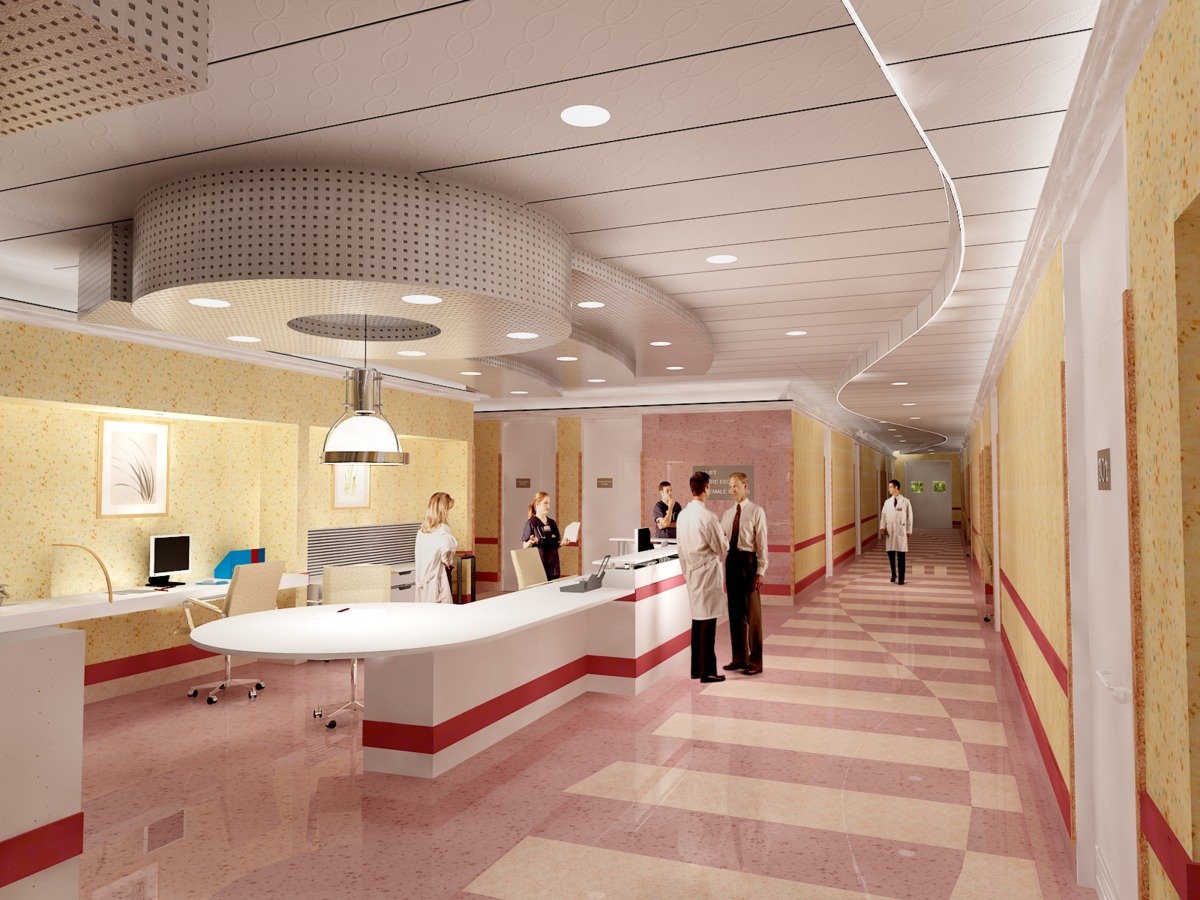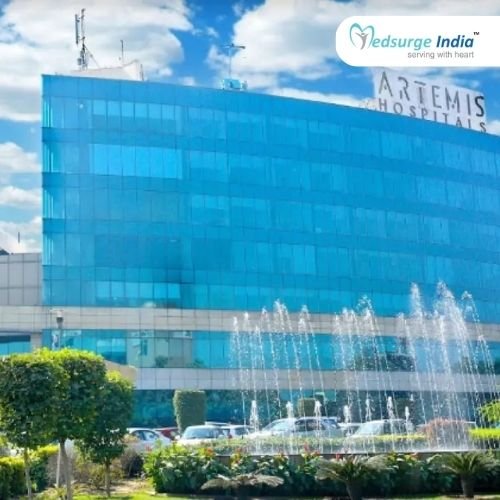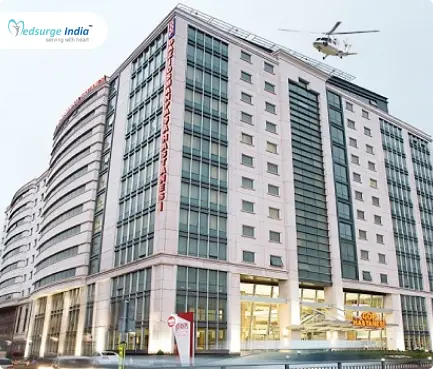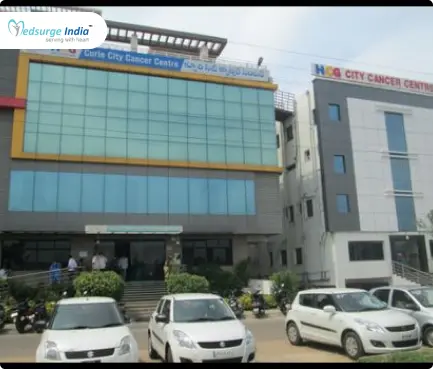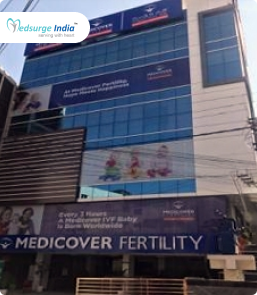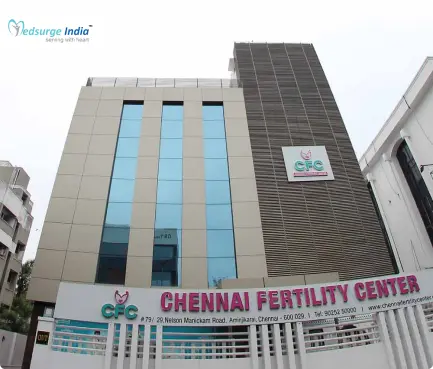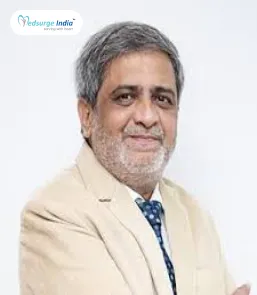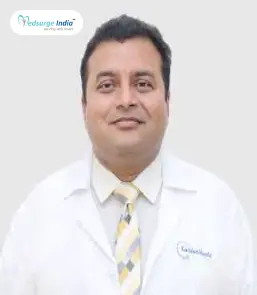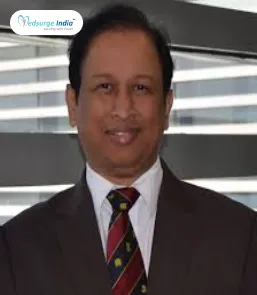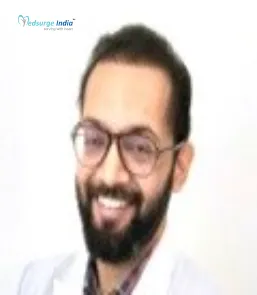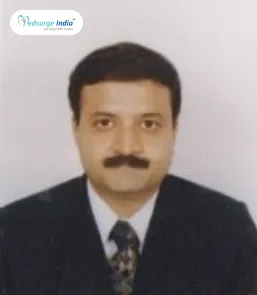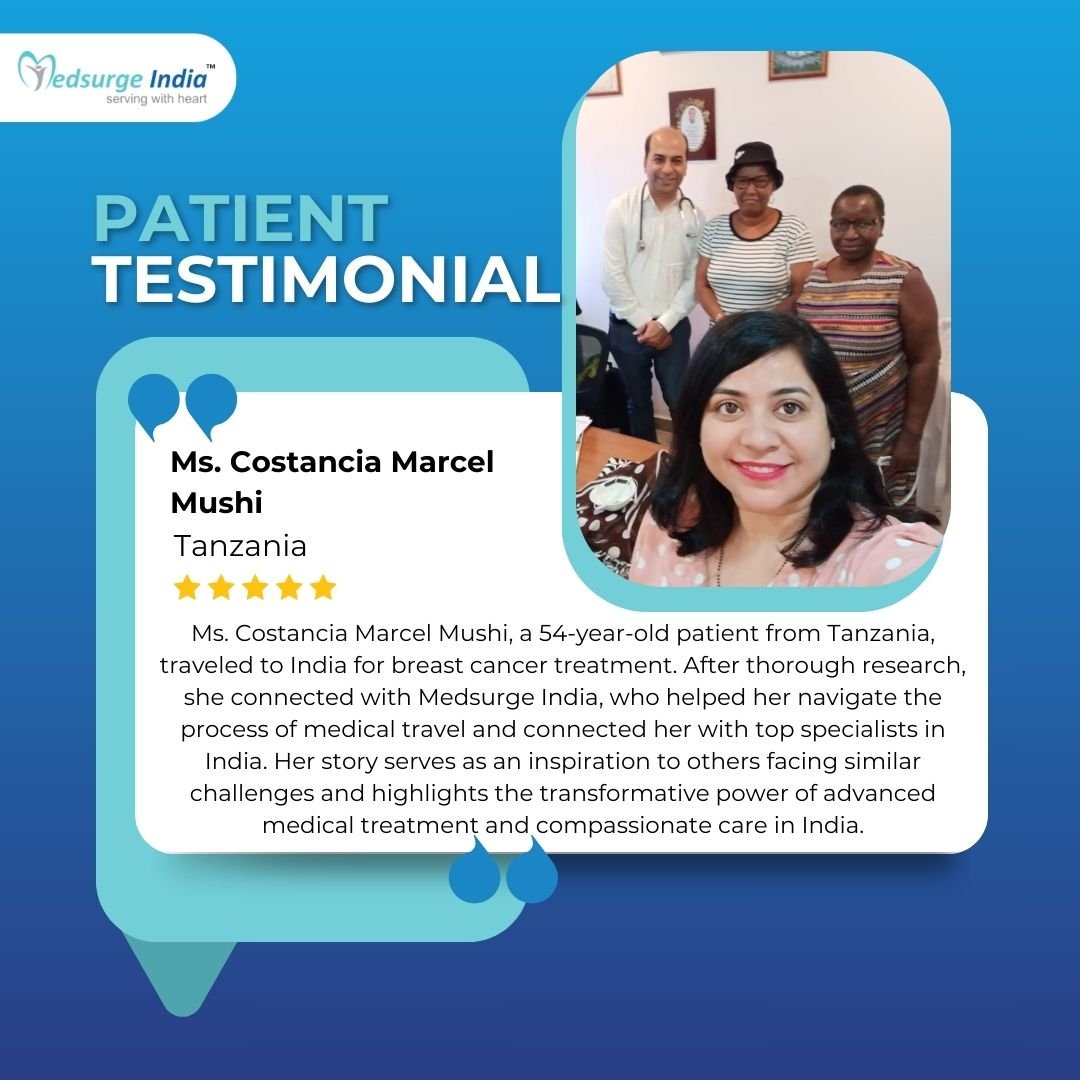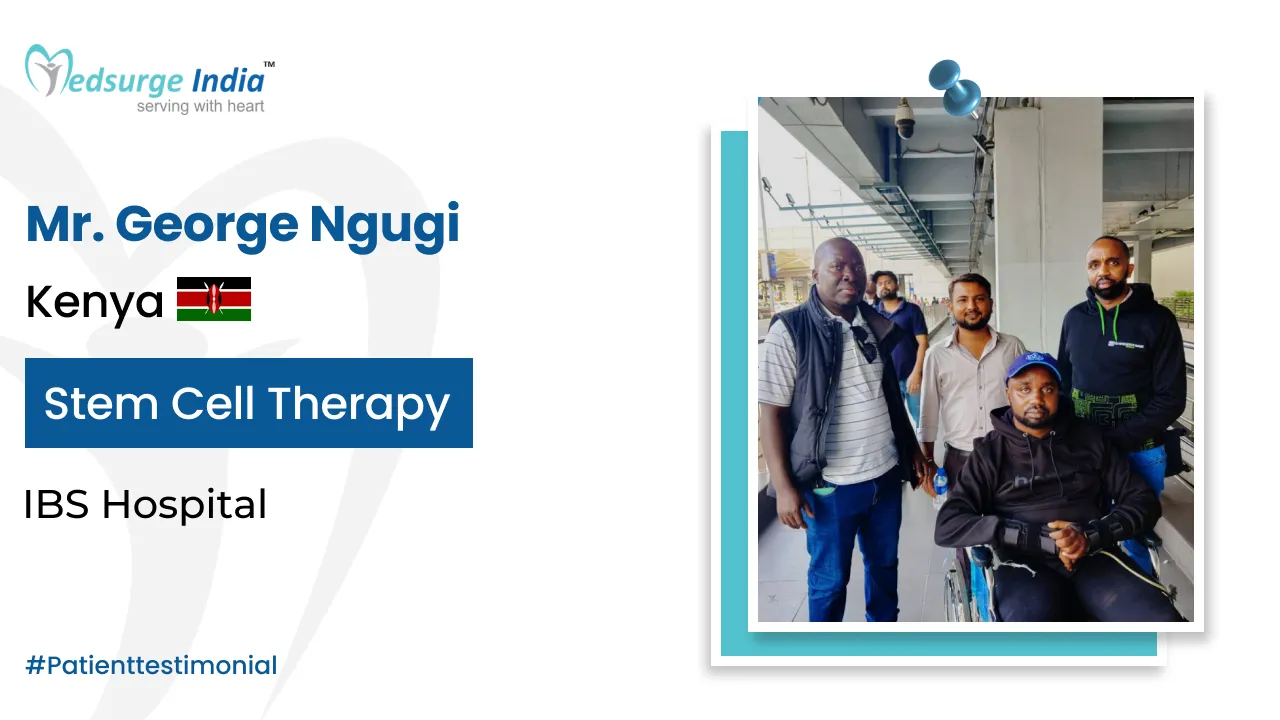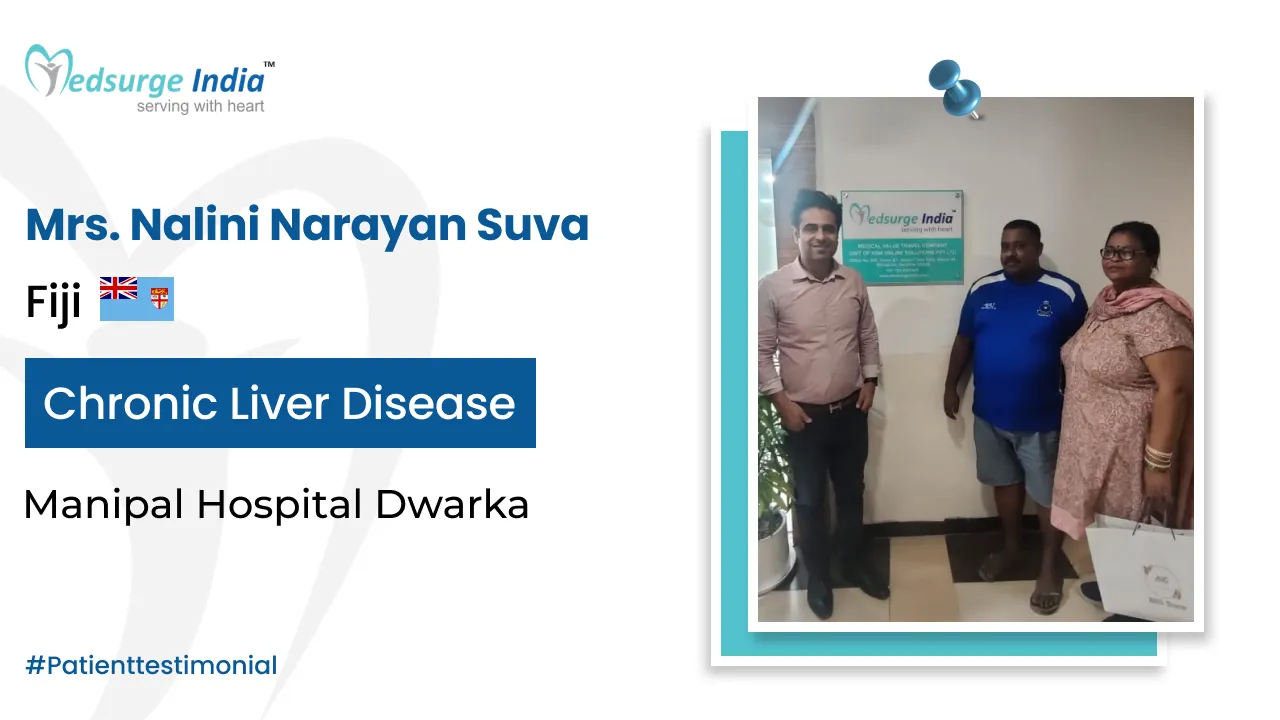
Cerebral Angiogram/Angiography is a diagnostic process which uses an X-ray. It creates a cerebral angiogram, or graphics that could aid the physician to detect blockages or other abnormalities which could be suspected within the blood vessels of the neck and head. Any sort of abnormalities or blockages inside the blood vessels of the throat area or mind may cause a stroke or bleed within the brain.
With this evaluation, a physician injects a tool into the bloodstream. The tool assists the X-ray makes a fresh photograph of their blood vessels so as to aid your physician to pick up any abnormalities or blockages.
Cerebral Angiogram Cost in India
Cerebral Angiogram Cost in India starts from USD 300. The amount that is given is the only price that applies to the treatment; further fees may be incurred depending on a number of variables.
Cerebral Angiogram Cost in Different Cities in India
| Cities | Starting Prices |
| Delhi | USD 300 |
| Mumbai | USD 350 |
| Kolkata | USD 300 |
| Hyderabad | USD 300 |
| Chennai | USD 300 |
| Gurgaon | USD 350 |
| Noida | USD 300 |
| Bangalore | USD 400 |
Reminder: The cost and treatment options for Cerebral Angiogram Cost in India may differ based on the patient’s preferences and other factors.
Uses of Cerebral Angiography
Cerebral angiography isn’t intended for all who’ve arterial blockages. It is generally done in the event the medical doctor needs more data to choose the treatment after different choices. That is as it is invasive and comprises several risks.
An angiogram may also be used to deal with a few of the abnormalities regarding the blood vessels of the throat and brain. Cerebral angiography May Be Used in the identification of several medical conditions for example:
Cerebral angiography also can help the doctor to Ascertain the symptoms and signs of:
- aneurysm
- arteriosclerosis
- arteriovenous malformation
- vasculitis, or inflammation of the blood vessels
- brain tumors
- blood clots
- tears within the lining of an artery
Cerebral angiography can also help the doctor to determine the signs and symptoms of:
- stroke
- intense complications in arteries
- lack of memory
- slurred speech
- dizziness
- blurred or double imaginative and prescient
- weak point or numbness
- loss of balance or coordination
Get Free Cost Estimation
Procedure
Ahead of The Procedure
- Your doctor will advise you on the way you have to prepare. You will not be permitted to eat any food or beverage at the night before this procedure. Before the process, your physician may ask you to stop any drugs that may grow the odds of bleeding during the process. These medications can include:
- Blood Thinners
- Aspirin
- Steroidalanti-inflammatory capsules
- If a woman is breastfeeding, feeding milk earlier than the test is advised, and not to breastfeed the baby again for at least 24 hours.
- You want to inform the physician beforehand about any allergies or health care circumstances that you may have. Some folks are allergic to the substance used at any stage of this procedure. The health care provider may prescribe anti-hypersensitivity drugs before the exam.
- Certain disorders and scientific ailments can increase the odds of headaches at any stage of this process. When a patient has diabetes or kidney disease, the tool may have temporary harm on the kidneys. If the individual is pregnant or when she presumes to be likely, you need to ask if there could be no radiation exposure for a specific length throughout the process as that may have a negative effect on the unborn.
Throughout The Procedure
- The group of physicians may include a neurosurgeon or a radiologist or neurologist who’s a professional of interventional radiology, and a radiology tech. Others — especially kids — are given anesthesia. The sedation can aid the individual to not feel some pain during the process, and sleep soundly all throughout.
- Most patients are sedated before the method. Others — particularly youngsters — are given local anesthesia. The sedation will assist the patient not to feel any pain during the procedure, and sleep all throughout.
- Throughout the process, it’s very important that the mind is secure for that a tape, strap or sandbags can be used to help keep it. It is very vital to maintain a lying posture throughout the exam.
- The method starts with the sterilization of a location in the groin area. Then the physician will thread it through the blood vessels in your carotid artery. This is actually the blood vessel around the throat which stream blood into the brain.
- With the help of a catheter, the contrast material is injected and goes with the flow to the artery. From that point, it is going to pass into the blood vessels in your brain. The individual could have a heated sense as the contrast dye flows through the entire body. Afterward, the physician will take over 1 neck and head X-rays. While they accept the tests, you’ll be requested to be still or perhaps to hold your breath for a couple of seconds.
- Later, the physician will put the catheter and place a dressing on the insertion website. The entire procedure commonly requires one to a couple of hours.
Hazards Involved with Cerebral Angiography
Cerebral angiography conveys some rare but intense risks. They encompass:
Be sure to speak about all of the risks carefully with your doctor.
- stroke (if the catheter loosens a plaque inside a blood vessel)
- damage to the blood vessels, along with puncturing of an artery
- blood clots, that can form around the catheter tip
Be certain to talk about all the dangers carefully with your physician.
Following Up Following Cerebral AngiographyFollowing the process, the individual is moved to a recuperation area where the patient remains for 2 to 6 hours prior to going home. At home, the individual has to be mindful of not increasing heavy items or more exerting themselves for a minimum of one week. Call the doctor immediately in the Event That You experience any of these:
- Signs of a stroke, Together with slurred speech, weak stage, tingling
- redness and swelling in the catheter insertion site
- swelling or coldness of their foot or leg
- chest pain
When these problems arise, a radiologist will treat them. Your physician will discuss the side effects with you and speak about the treatment.
Factors That Can Affect Cerebral Angiogram Cost in India
Several factors can also affect the cost of Cerebral Angiogram in India Here are some of the factors that can affect Cerebral Angiogram Cost in India:
- Medication costs.
- Patient Condition.
- Duration of treatment.
- Geographical location.
- Hospitalization expenses.
- Government policies and subsidies.
- Medical tourism packages.
- Hospital reputation and infrastructure.
- The expertise and experience of medical professionals.
- The type and frequency of diagnostic procedures.
- The choice of treatment modality.
Cerebral Angiogram Cost in India offers exceptional medical services and facilities to patients who come for treatment in India also their facilities rival those of well-known healthcare centers worldwide. Accommodation, meals, and transportation expenses are also covered.
With the experience of extremely skilled medical professionals, we at Medsurge India guarantee that patients will obtain the most reasonable Cerebral Angiogram Cost in India. Furthermore, a foreign patient can save up to 30-40% of the cost in India when compared to their native countries.
Best Brain Tumor Hospitals in India
The Most Important Frequently Asked Questions
Q: What Are the Other Names for the Procedure?
A: Angiography– Head, Cerebral Angiogram, Vertebral Angiogram.
Q: What Is the Cerebral Angiography Radiology Technique?
A: Cerebral Angiography is used to supply photos of blood vessels within the brain. A thin tube, also known as a catheter, is inserted into an artery in this process. With the catheter, the contrast material is inserted and pictures are recorded.
Q: What’s the Cerebral Angiography Radiology Strategy Done?
A: Cerebral Angiographies are traditionally utilized to diagnose ailments related to blood vessels within the brain, comprising blood clots, vasculitis, tumor, aneurysm, narrowing of blood vessels, and tear within the lining of the gut. They create snapshots of the arteries inside the neck and head region. A Cerebral Angiography is advised, once the patient has problems with memory loss, slurred speech, complications, fuzzy inventive and prescient, or even a reduction of equilibrium.
Q: Exactly What Part of the Body Does the Process Involve?
A: A Cerebral Angiography entails an investigation of the mind.
Q: What’s the Equipment Utilized?
A: The equipment utilized for a Cerebral Angiography comprise:
- Catheter
- Contrast Material
- X-ray tubing
- Electrocardiogram
- Computer video screen units
- A picture intensifier placed within the individual’s head and neck region.
Q: What Special Document Do I Want to Take with Me When Intending to Travel?
A: Please make certain you get a copy of the medical file from the treating oncologist together with up-to-date info about the remedies undergone mentioned inside for the previous six weeks. Other medical documents, such as blood type, evaluation reports, health difficulties, prescriptions, and physician’s contacts have to be carried also.
Q: What Are the Qualification Requirements to Get a Health Care Visa to India?
A: A valid passport and visa and that you’re trying to find a health treatment from a reputed and recognized hospital in India are all you have to submit an application for a medical visa to India. 2 attendants that are blood relatives have been permitted to accompany the individual under different attendant visas.
Top Hospitals for Cerebral Angiogram in India
Top Doctors for Neurology And Neurosurgery
Dr. Anand Kumar Saxena
Head of Department , DM
Experience: 26 years of experience
Venkateshwar Hospital, New Delhi
New Delhi, India
Dr. Nitin Garg
Senior Consultant
Experience: 11+ years of experience
Max Super Speciality Hospital Dehradun
Dehradun, India
Dr. Vishal Peshattiwar
Head of Department
Experience: 22 years of experience
Kokilaben Dhirubhai Ambani Hospital Mumbai
Mumbai, India
Dr. Ajay Kurve
Consultant
Experience: 20 years of experience
Wockhardt Super Speciality Hospital Nagpur
Nagpur, India
Dr. Nikunj R Godhani
Senior Consultant
Experience: 14+ years of experience
Narayana Multispeciality Hospital, Rakhial, Ahmedabad
Ahmedabad, India
Dr. Ujjwal K Debnath
Consultant
Experience: 30 years of experience
Fortis Hospital and Kidney Institute (Rash Behari Ave), Kolkata
Kolkata, India
Dr. Brig H S Bhatoea
Senior Consultant
Experience: 45+ years of experience
Max Superspecialty Hospital, Mohali
Mohali, India
Dr. Ravi Shekhar
Associate Consultant
Experience: 10 years of experience
Medanta – The Medicity, Gurgaon
Gurgaon, India
Dr. Debarshi Chatterjee
Consultant
Experience: 18 years of experience
Institute of Neurosciences, Kolkata
Kolkata, India
Dr. Binod K Singhania
Senior Consultant , MBBS, MS, MCh, Fellowship
Experience: 21 years of experience
Apollo Gleneagles Hospital, Kolkata
Kolkata, India
Dr. Shobha. N
Consultant
Experience: 28 years of experience
Manipal North Side Hospital, Malleshwaram, Bengaluru
Bangalore, India
Dr. Naba kumar Barman
Experience: 13+ years of experience
Narayana Superspeciality Hospital, Amingaon, Guwahati
Guwahati, India




